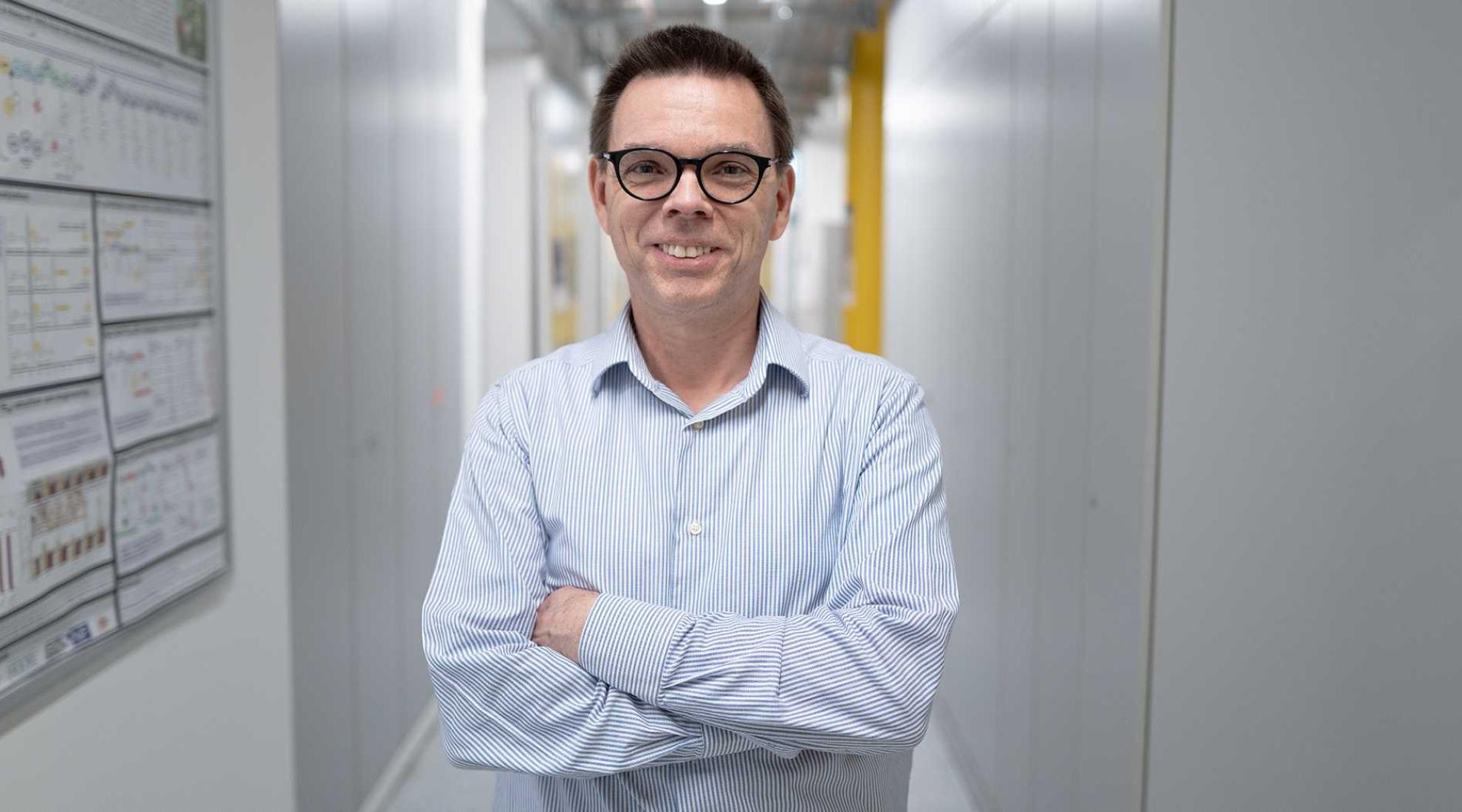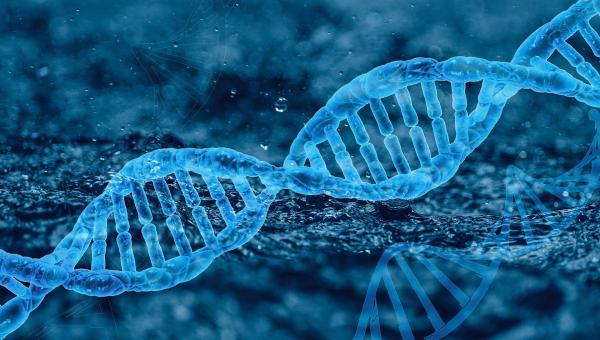One of Europe's most prestigious medical awards goes to Switzerland

The winner of the 2025 Jung Prize for Medicine, Jörn Piel.
The Jung Prize for Medicine, among Europe's most acclaimed honours in medical research, was awarded to ETH microbiologist Jörn Piel this year.
Natural products from bacteria form the basis of numerous pharmaceuticals, but the discovery of new bacterial strains has declined significantly over the past decades.
Here's where Jörn Piel comes into play. Since 2013, he has been professor of bacterial natural product research at ETH Zurich, where he explores the immense diversity of bacteria that cannot yet be cultivated in the lab – a vast, untapped source of potential new drug compounds. His goal is to extract and modify these substances sustainably using biotechnology. According to ETH Zurich, this is a promising strategy for replacing ineffective antibiotics and developing treatments against viruses and even tumours.
A prestigious recognition for ETH Zurich
For his pioneering work, Piel has now received the Jung Prize for Medicine, one of the most highly endowed and respected medical research prizes in Europe. The prize has been awarded each year since 1976 for groundbreaking contributions to diagnostics and therapy. This year, it is shared between Jörn Piel and Elena Conti from the Max Planck Institute of Biochemistry in Munich – each receiving EUR 150,000 to further their research.
Many novel natural substances in bacteria with antibiotic properties are waiting to be discovered, which could help us tackle the current antibiotic resistance crisis.
A springboard for antibiotics research
Piel explains that companies are generally hesitant to invest in new antibiotics research, mainly because development is costly and often unprofitable. Even when a new drug reaches the market, resistance can develop rapidly. That's why many academic research groups around the world are now focused on identifying and studying natural compounds for future medical use.
Academic research needs to fill this gap.
From a teenage experiment to a scientific career
As a teenager, the future Jung Prize winner was already captivated by chemistry – a passion sparked by a dramatic family room experiment. He once filled an empty gun cartridge with homemade gunpowder, mounted it on a model railway car, and ignited it, expecting propulsion. Instead, the train exploded in the living room. The mystery of what went wrong triggered a lifelong curiosity about complex molecular structures – ultimately leading him to chemistry and a professorship in Zurich.




